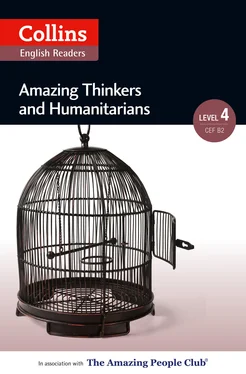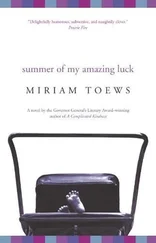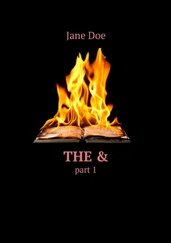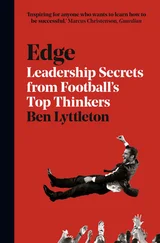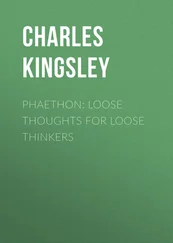At the age of 51 in 500 BCE, I became the Justice Minister of the state. This was a job that required balance between the law and politics and I saw myself not as an inventor of the law but a messenger of it. In each case I listened to, all the facts had to be collected, and then interpreted and applied. I believed that having a moral viewpoint, rather than just following the law, was vital. People would ask me if we needed laws. My answer was that if people always behaved well to each other, then that would be enough, and no, it was not necessary to have laws. But people can be greedy and unfair, wanting more than their fair share, in which case, society cannot function without laws.
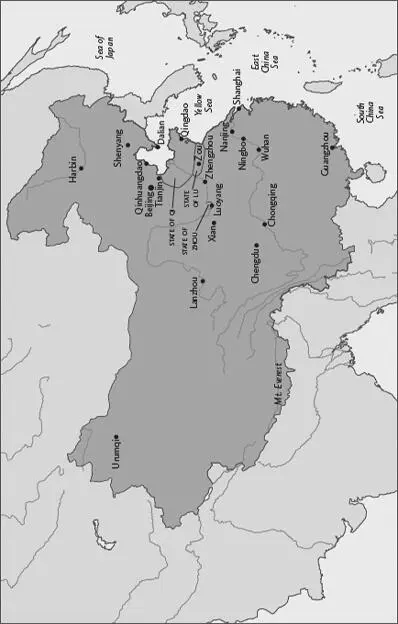
China at the time of Confucius
Another one of my beliefs was that we should appreciate our ancestors because without them we would not be here. I thought that it was vital to show respect for our living elders and family members, because without them, we would be alone. For me, the basis of a strong community was helping others, in the hope that they would help you in return. Life is a series of choices, choices which can benefit some people and disadvantage others. But it can be difficult to put the needs of others before the things we ourselves want. I believed that one of the keys to happiness was to understand other people and their needs. Another key was to be virtuous and by that, I mean behaving in an honest and moral way.
However, it is much easier to be virtuous in thought than it is in practice. For example, nobody wants to find themselves in the position where they may lose other people’s respect. This may happen if you make a stupid mistake. To avoid looking stupid, we sometimes try to hide the mistake we made and in the process we make more mistakes. I always thought that it was better to be honest and admit making the first mistake. In this way, not only do we avoid making the original situation worse, but also we can learn and improve, and make fewer mistakes in the future. But to do this, you have to get to know yourself. Knowing yourself is the first step in understanding other people. Without this first step, you will not be able to live with other people in a calm and pleasant way.
As well as asking me about the necessity of laws, people around me were curious about religion. Did we need to have religion in our lives, they asked me. My answer was that I did not find religion logical. All religions have ideas of what is good and bad, and often the religious rules as to what is allowed and what is not allowed are not flexible enough. Society changes but these rules stay the same. Another aspect of religion that I had difficulty with was the existence of a god. Was it possible that there was one god only, and that this god had all the answers? I doubted it very much. What I didn’t doubt was the need for some kind of belief system, but I didn’t know what form it should take.
In contrast, I truly believed in democracy. At any one time, there can only be one ruler but it should be the people who decide who is going to govern. Cruel and unfair rulers can then be removed from power. I saw leadership as being a gift, not an absolute right, and I believed that the person given the honour of ruling should be a virtuous person at all times. If they do not behave in a correct, ethical way, then people will rebel and choose a new leader. I knew that this system would work well in a small place where everyone knew each other, but I was not sure if it could be applied to somewhere much larger. How could a ruler communicate his beliefs and rules in an area where great distances had to be covered? If his word was not widely known, how could it be supported? If a leader was not supported, he could not be respected, and without respect, his future was at risk.
A Chinese temple
Virtue, for me, was the all-important characteristic for a leader. If people were ruled by laws and were punished when they broke them, they would try to avoid the punishment but would not change their behaviour. However, if a ruler was a virtuous person and ruled by example, that is, by always behaving in a moral and ethical way, then people would change their ‘bad’ behaviour and would start to be virtuous, too, without needing to be punished.

I stayed in my position as Minister of Justice in the state of Qi for four years and in that time, I was promoted to Prime Minister, but due to serious political disagreements, in 495 BCE I decided to leave both my job and the state of Qi. I travelled, going from one region to another, always in the company of my followers. I talked to people wherever I went, hoping that some of my principles would be adopted by them. I was especially hopeful that rulers would lead their people based on a system of virtue, but I did not see many examples of this. In 483 BCE, I returned to the state of Lu and continued my teaching. In 479 BCE, when I was 72, I died. My followers treated me as if I had been their father, and as was the custom at the time, mourned me for three years. After my death, my followers started to write down some of my theories and they produced a publication now known as the Analects . My beliefs could now be taught by others to later generations of students. In this way, the philosophical school of thought, Confucianism, was born.
| 551 BCE |
Confucius was born in the village of Zou in the Chinese state of Lu, near present-day Qufu, Shandong Province. |
| 548 BCE |
When Confucius was three, his father died. He was raised by his mother, in poverty. |
| 532 BCE |
Aged 19, he married Qi Guan and they had a son and two daughters. He worked as a shepherd, cowherd, clerk and book keeper. Due to his ability to read and write, he secured a job with the Duke of Lu, as a clerk. |
| 528 BCE |
His mother died and he spent the next three years in mourning. During that time, he studied philosophy. He wanted to create harmony among people in his home country of China which was in conflict and fighting many wars. |
| 519 BCE |
Confucius began teaching ancient customs. His teachings were based upon moral and ethical principles for day-to-day living. He believed that there were five different relationships in the world. |
| 518 BCE |
He travelled to the imperial capital, Lo-yang, and studied the traditions of the empire. |
| 517 BCE |
When there was war in the state of Lu, the Duke of Lu and Confucius escaped to the neighbouring state of Qi. Confucius learned the art of music. |
| 500 BCE |
At the age of 51, he was appointed as the Minister of Justice of the state of Lu. He was promoted to Prime Minister. |
| 495 BCE |
Confucius left the state of Lu and his position in the government. He spent the following years travelling from one region to another hoping to put his principles into practice. |
| 483 BCE |
He returned to the state of Lu and refused any offer of a Government position. |
| 479 BCE |
Confucius died aged 72, in the state of Lu. |
Socrates CONTENTS Cover Title Page Introduction The Grading Scheme Confucius Socrates Aristotle William Wilberforce Karl Marx Mahatma Gandhi Glossary Keep Reading Конец ознакомительного фрагмента. Текст предоставлен ООО «ЛитРес». Прочитайте эту книгу целиком, купив полную легальную версию на ЛитРес. Безопасно оплатить книгу можно банковской картой Visa, MasterCard, Maestro, со счета мобильного телефона, с платежного терминала, в салоне МТС или Связной, через PayPal, WebMoney, Яндекс.Деньги, QIWI Кошелек, бонусными картами или другим удобным Вам способом. Copyright Конец ознакомительного фрагмента. Текст предоставлен ООО «ЛитРес». Прочитайте эту книгу целиком, купив полную легальную версию на ЛитРес. Безопасно оплатить книгу можно банковской картой Visa, MasterCard, Maestro, со счета мобильного телефона, с платежного терминала, в салоне МТС или Связной, через PayPal, WebMoney, Яндекс.Деньги, QIWI Кошелек, бонусными картами или другим удобным Вам способом. About the Publisher
Читать дальше
